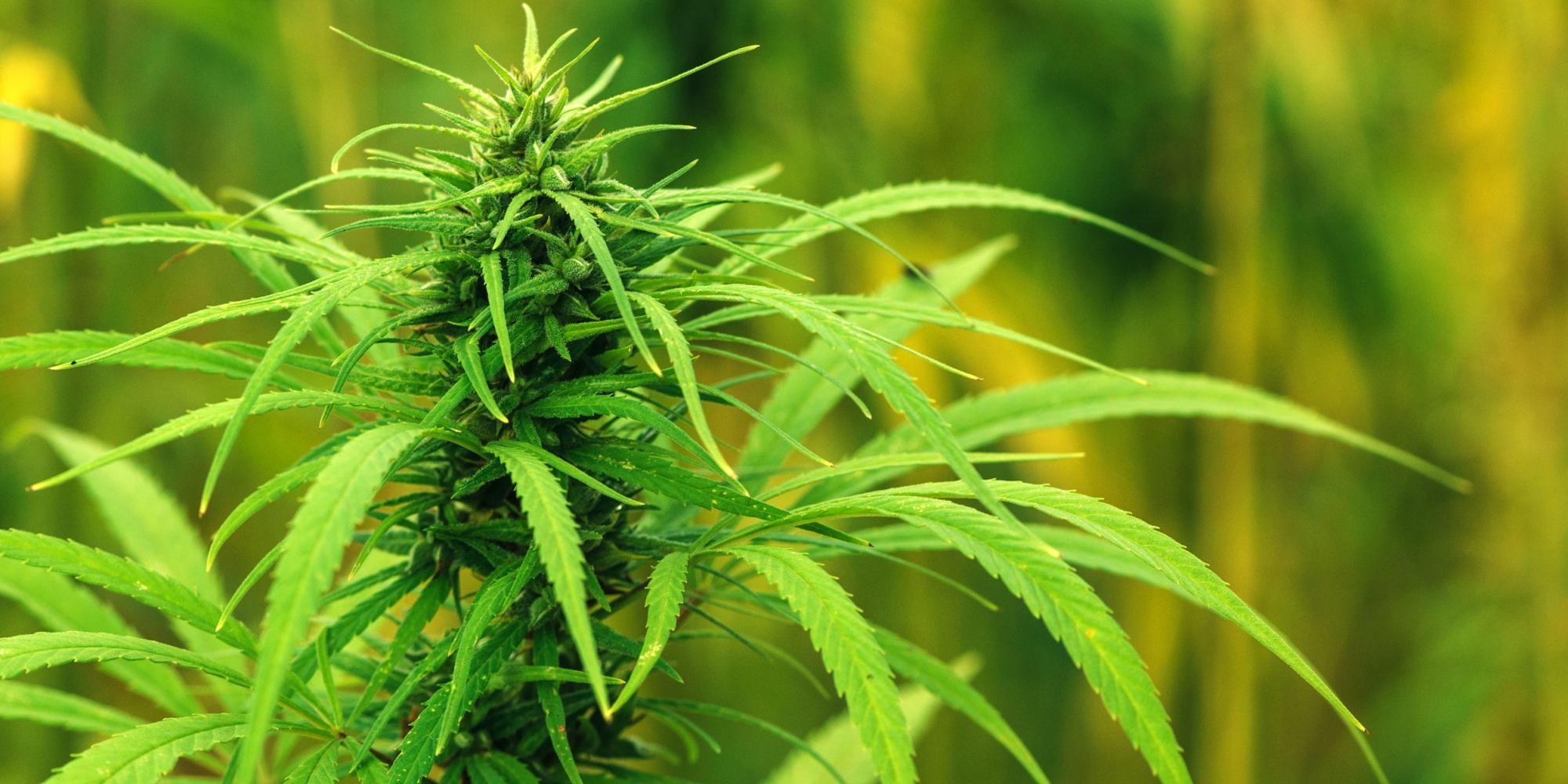11.21.2025
Sausage casings bulletin, November 21, 2025

...

In some regions, the hemp crop is exclusively for CBD production. Without ready markets, there is little appetite for growing grain or fiber varieties. Vermont formerly hosted a hempseed processing facility, but this company has consolidated its operations to Kentucky, where it remains a challenge to source hempseed grain. Vermont farmers are not interested in producing hempseed grain in today’s CBD pricing climate. Grain production of any kind is a small niche in The Green Mountain State. Intensively grown cannabis is a good fit for Vermont farmers, where organic farming and plasticulture are widely practiced. This is the case in many states, where producing an acre of hemp using horticultural methods presents less of a barrier to entry.
Much of the grain production in North America is in the Northern Plains and across the border in Canada. There is a crusher in Colorado, marketing much of their hempseed oil to CBD companies, to use as a neutral carrier for their oral CBD products. Western states are at an advantage with lower humidity; hempseed easily goes rancid, though this is entirely acceptable as biodiesel feedstock.
Hempseed must be aerated within several hours of harvest. Weather conditions can mitigate this, but consensus says the grain will assuredly heat if left overnight without air. Bin temperature fluctuations can also promote spoilage. More research needs to be done on storing hempseed, but the ability to run dry air through the bin is a significant advantage. Dry air is hard to come by in Eastern states. Management may be the predominant factor in avoiding spoilage, but answers may also lie in plant breeding.
Some weed seeds may pose a challenge in cleaning hempseed. Volunteer Buckwheat is a good example, but genus Datura L. is a far less innocuous one. Areas with clean crop fields, and professionally managed farms with vigilant weed management will produce the bulk of hempseed for our food supply. Environmental factors aside, infrastructure and expertise for producing to this high standard will largely be found in states like North Dakota, where grains and pulses are commonly grown. Producing hempseed grain suitable for hemp hearts is far more challenging than crusher grade.
There are no universal standards in the industry. Quality standards set by the processor include seed size, moisture content, purity, and a threshold for gluten. Storing hempseed in a bin formerly used for wheat could result in crop rejection. Quality standards are stringent for hempseed products destined for raw consumption. Processors test for microbials and mycotoxins, and visually inspect kernels at hulling. Dark or yellowing kernels indicate rancidity, though the peroxide test is routine. One US processor charges $.12/point to dry below 9% moisture, and $.06/lb. for seed cleaning when purity falls below 99.5%. Acceptable grain varieties required by this US processor include: Anka, CRS-1, Finola, Fedora, and X-59.